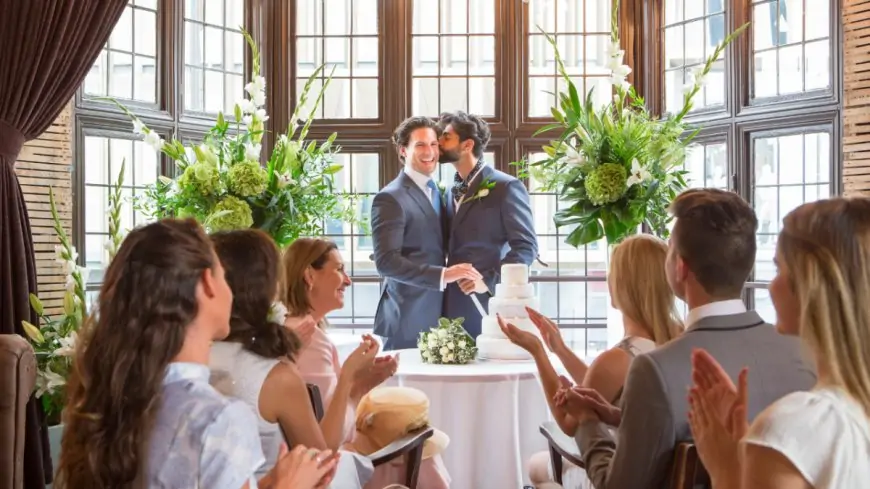For the first time, a Japanese court has ruled that same-sex marriage must be allowed under the country’s constitution. Although the victory does not have immediate legal repercussions, it paves the way for legalizing same-sex unions. On a global basis, the diversity of marriages is making its mark.
From differences in household sizes to gay weddings, the diversity in marriages is a sign that things are moving forward, and that the union between people is evolving from traditional customs to progressive thinking.
Traditions Change
There are many customs in society that have undergone transformations. Certain traditions are also changing for couples that decide to tie the knot. For example, it is widely accepted to adopt your husband’s surname, especially if you’re starting a family – both for convenience and as a sign of commitment.
However, this practice is no longer the norm, and women today do not necessarily need to change their last names when marrying. Many brides prefer to hold on to their names, which signifies keeping their identity and not losing their family connection.
Timing is another unpredictable factor in marriage. The range of ages at which people marry for the first time has changed. According to data from the General Social Survey and the National Survey of Family, marriage timing dropped in the early 20th century and then picked up quickly.
To illustrate, men born between 1915 and 1919 typically married between 21 and 28 years old, meaning the ‘cohort duration of marriage’ was seven years. This trend was reversed, and went down to five years, and then rose to nine years for those born between 1950 and 1954.
Changing Lifestyles
The state of marriage is changing across the world as well. In Japan, the number of marriages started to decrease in 1972 despite the temporary upward trend in the 1990s. America saw a significant decline in households that contained married couples from over 78% in 1949 to 48.2% in 2019.
Same sex marriage is also another element of diversity. In the US, the number of same-sex weddings has increased. Recognition of gay marriages is, however, a different matter. Not all countries have made legislative changes to their marriage laws. To date, there are 29 countries in the world that allow same-sex marriages, and this number is improving.
Even though the Japanese court ruling is not a legal verdict and gay couples are still not allowed to marry, it is a step forward in promoting parliamentary debates and changes to the law.
The multiplicity of marriage worldwide has been changing for some time now. From a reduction of the number of married couples to different types of weddings such as gay weddings, the diversity is just making the world more exciting by accepting changes and removing prejudices.

![[WATCH VIDEO] Sophie Rain and sister Sierra Rain as Black Spiderman goes viral [WATCH VIDEO] Sophie Rain and sister Sierra Rain as Black Spiderman goes viral](https://www.sociallykeeda.com/uploads/images/202403/image_140x98_660976c59cce0.webp)





![[FULL WATCH VIDEO] Will Levis And Gia Duddy Leak Video Viral On Social Media [FULL WATCH VIDEO] Will Levis And Gia Duddy Leak Video Viral On Social Media](https://www.sociallykeeda.com/uploads/images/202405/image_140x98_6651e7ae8038d.webp)


